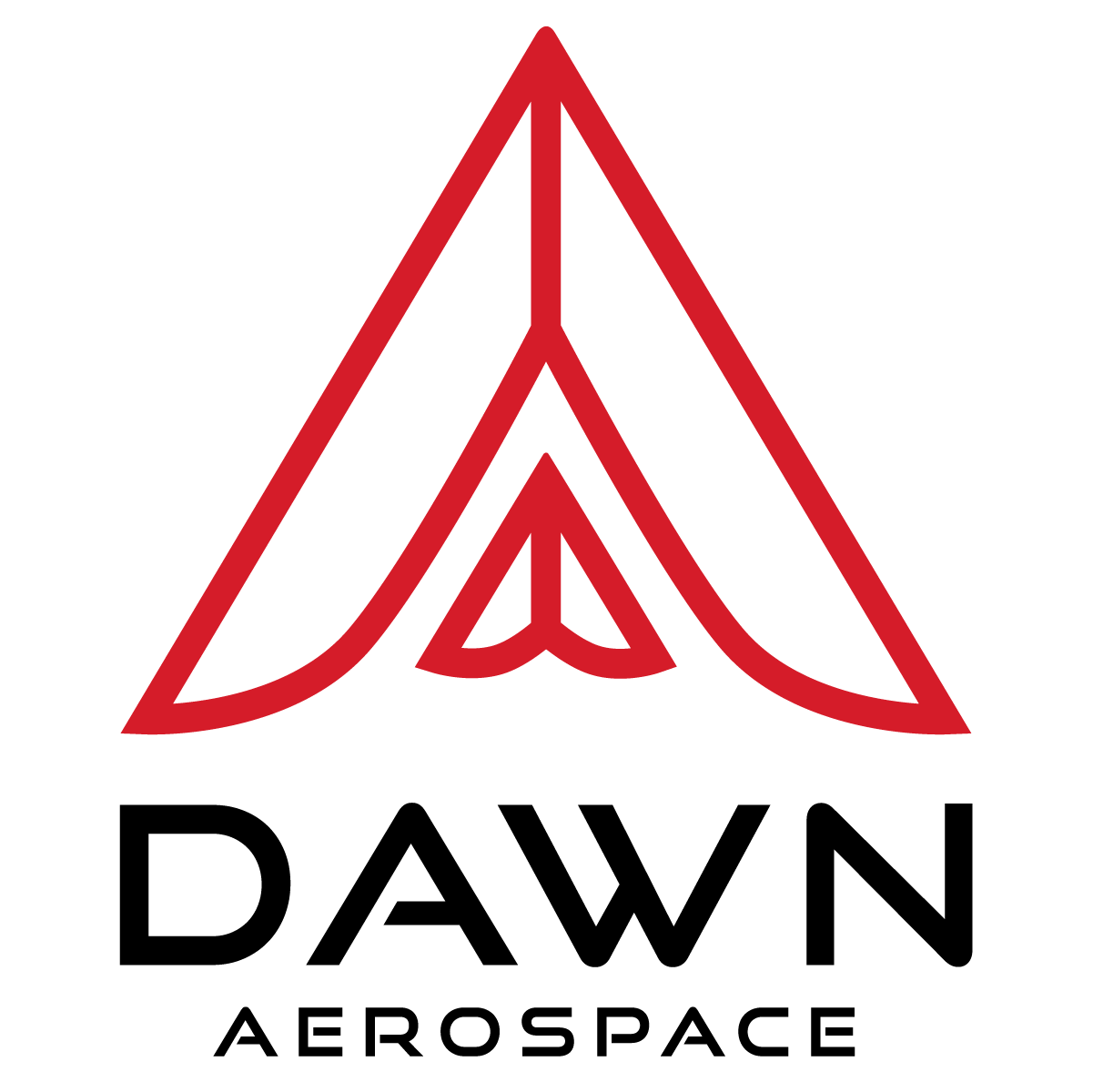Dawn Aerospace delivers hardware to deep space mining customer
Delft, Netherlands
Dawn Aerospace, a space transportation company based in NZ, NL & USA, today announced the delivery of an in-space propulsion system to their first deep space mission customer, AstroForge.
AstroForge, a California-based start-up, aims to be the first private company to mine an asteroid in space. The company plans to extract precious platinum group metals from metal-rich asteroids and return them to Earth.
Platinum group metals are a finite resource on Earth yet are necessary for a wide range of important technologies. They’re used in medical devices such as pacemakers and are a crucial element in some cancer treatments. They’re also used as catalytic converters in cars to reduce harmful emissions by up to 90%, and they’re an essential element in hydrogen fuel cells that will help the world transition to a lower-emission economy.
AstroForge also hopes space-based mining will reduce the emissions that stem from mining rare earth elements on Earth.
“AstroForge is quickly making progress towards our mission to mine asteroids for Earth’s most depleted and critical resources within this decade,” said AstroForge co-founder and CEO Matt Gialich. “Earth’s resources are running out and traditional mining practices are destroying our planet. With our second mission, AstroForge will become the first private company to ever operate in deep space.”
Dawn Aerospace CEO, Stefan Powell said “While space-based mining may have historically felt like a thing of science fiction, talented teams like AstroForge are making headway in enabling new, space-based technology which has the potential to fundamentally alter the impact of terrestrial mining.”
AstroForge already has a CubeSat on orbit, the Brokkr-1, proving out their refining technology. The next step is to head into deep space to observe their target asteroid, in preparation for their first retrieval mission. The spacecraft for this mission, Brokkr-2, is being built by UK company OrbAstro with Dawn supplying the propulsion system.
A successful hot fire – an in-lab demonstration of the firings that will happen on-orbit – was completed last month at Dawn’s Delft, Netherlands office (covered by Forbes here).
“It’s extremely uncommon in the industry to be able to perform these system tests due to the toxicity of common propellants like hydrazine and ASCENT. Often the first time a propulsion system fires is when it’s needed in space, which is why you see failures such as the recent Lunar Flashlight mission,” Powell said, “These tests give our customers confidence that the system will work when it needs to”.
Dawn’s propulsion systems use nitrous oxide and propylene, a non-toxic, rideshare-friendly combination that gives the high performance required for deep-space missions while removing the handling costs and complexities involved with propellants like hydrazine.
Dawn Aerospace levert hardware aan klant voor mijnbouw in de ruimte
Dawn Aerospace, een ruimtetransport bedrijf gevestigd in NZ, NL & USA, heeft vandaag de levering aangekondigd van een voortstuwingssysteem aan hun eerste verre ruimte klant, AstroForge.
AstroForge is een in Californië gevestigde start-up en wil het eerste particuliere bedrijf zijn dat een asteroïde in de ruimte delft voor metalen. Het bedrijf wil kostbare platinagroep-metalen winnen van metaalrijke asteroïden en deze terug te brengen naar de aarde.
Platinagroep-metalen zijn een eindige bron op aarde, maar zijn nodig in een groot aantal belangrijke technologieën. Ze worden gebruikt in medische apparaten zoals pacemakers en zijn een cruciaal element in sommige kankerbehandelingen. Ze worden ook gebruikt als katalysatoren in auto's om schadelijke uitstoot tot 90% te verminderen en ze zijn een essentieel element in waterstofcellen die de wereld zullen helpen over te stappen op een economie met minder uitstoot.
Daarnaast hoopt AstroForge dat mijnbouw vanuit de ruimte de uitstoot zal verminderen geassocieerd met het ontginnen van zeldzame metalen op aarde.
"Mijnbouw buiten de aarde gaat niet over de ruimte” zegt Matt Gialich, medeoprichter en CEO van AstroForge. "De focus ligt op het delven van grondstoffen die we hard nodig hebben op aarde omdat we dan kunnen stoppen met het uitputten van deze grondstoffen op aarde en de ecologische schade die daarbij komt kijken."
Stefan Powell, CEO van Dawn Aerospace, zegt: "Mijnbouw in de ruimte mag dan gezien worden als sciencefiction, getalenteerde teams zoals AstroForge laten zien wat de huidige mogelijkheden zijn in de ruimtevaart. Deze nieuwe technologie heeft het potentieel om de impact van de mijnbouw op aarde fundamenteel te veranderen."
AstroForge heeft al een kleine satelliet in een baan om de aarde, de Brokkr-1, die hun raffinagetechnologie uitprobeert. De volgende stap is om de ruimte in te gaan en hun doelasteroïde te observeren, als voorbereiding op hun eerste terughaalmissie. Het ruimteschip voor deze missie, Brokkr-2, wordt gebouwd door het Britse bedrijf OrbAstro en Dawn levert het voortstuwingssysteem.
Een succesvolle hot-fire - een demonstratie van de ontstekingen die in een baan om de aarde zullen plaatsvinden met het complete systeem - werd vorige maand voltooid door Dawn Aerospace in hun werkplaats in Delft (hier te lezen in Forbes link).
"Het is zeer ongebruikelijk in de industrie om deze tests op systeemniveau te kunnen uitvoeren vanwege de giftigheid van veelgebruikte drijfgassen zoals hydrazine en ASCENT. Vaak ontsteekt het voorstuwingssysteem voor het eerst wanneer het nodig is in de ruimte zoals bij de recente Lunar Flashlight missie", aldus Powell. "Deze tests geven onze klanten het vertrouwen dat het systeem zal werken wanneer dat nodig is".
De voorstuwingssystemen van Dawn maken gebruik van lachgas en propyleen, een niet-giftige combinatie die de hoge prestaties levert die nodig zijn voor verre ruimtemissies terwijl de verwerkingskosten en complexiteit van brandstoffen zoals hydrazine wegvalt.

